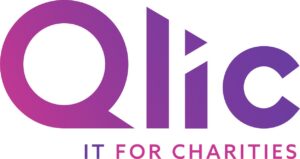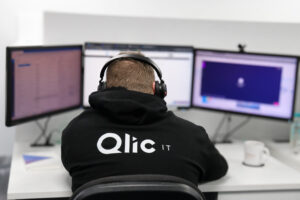AI has seamlessly integrated into so many technologies and devices over the years that sometimes its presence goes unnoticed. However, it’s much more than just behind-the-scenes software in our digital narrative.
The launch of Chat GPT in November 2022 led to widespread adoption of generative AI and has subsequently sparked widespread conversations about its potential and capabilities. Generative AI represents a significant leap forward and demonstrates its ability to create content, simulate conversations, and provide solutions in ways previously thought impossible.
As a charity, understanding the diverse forms and applications of AI is crucial. AI holds promise for streamlining operations, enhancing donor engagement, optimising resource management and much more. All of this can be hugely beneficial when considering a charity digital transformation program. However, there are potential pitfalls and caveats to also be aware of.
In this blog, we’ll explore the various forms of AI and their unique advantages for charities.
What Do We Mean by AI?
Artificial Intelligence (AI) refers to a fascinating and expansive branch of computer science dedicated to replicating the cognitive functions of the human mind. AI creates systems and machines capable of performing tasks that typically require human intelligence. These tasks can include learning, problem-solving, perception, decision-making, and even language understanding. By mimicking the processes of our minds, AI brings a level of smart automation and efficiency that transforms how we handle complex tasks in various fields. This innovative technology is about enhancing and augmenting human effort, opening up new avenues for creativity, efficiency, and problem-solving.
There are several different AI models to explore and see how they can be utilised by charities. Understanding these models is key to leveraging AI effectively in your charity’s operations and initiatives.
What is Generative AI?
Generative AI refers to a type of artificial intelligence that is capable of creating new content, including text, images or music. This form of AI learns from existing datasets to generate new outputs that have never been seen before. When trained on a large database of text, a generative AI model like Chat GPT can produce coherent and relevant content. For charities, this can be useful for drafting unique donor communications, creating marketing content or developing training materials. The power of Generative AI lies in its ability to learn from patterns and styles in the data provided.
What is Machine Learning (ML)?
Machine Learning (ML) is a subset of AI and is focused on building systems that learn from data, identify patterns, and make decisions with minimal human intervention. Unlike traditional software that follows instructions from programmers, ML uses algorithms to improve its performance. In the charity sector, Machine Learning can be used for various purposes such as analysing donor behaviour, predicting fundraising trends and optimising resource allocation for staff and volunteers. An ML model could analyse past donation patterns to predict when and how much donors might contribute in the future, enabling more effective fundraising strategies.
What is Natural Language Processing (NLP)?
Natural Language Processing (NLP) is a branch of AI that focuses on enabling machines to understand, interpret, and respond to human language. This involves the application of algorithms to identify rules such that the unstructured language data is converted into a form that AI can understand. For charities, NLP is crucial for being able to analyse feedback from donors and beneficiaries, automatically translate materials into multiple languages, or develop chatbots that can handle inquiries and provide information effectively.
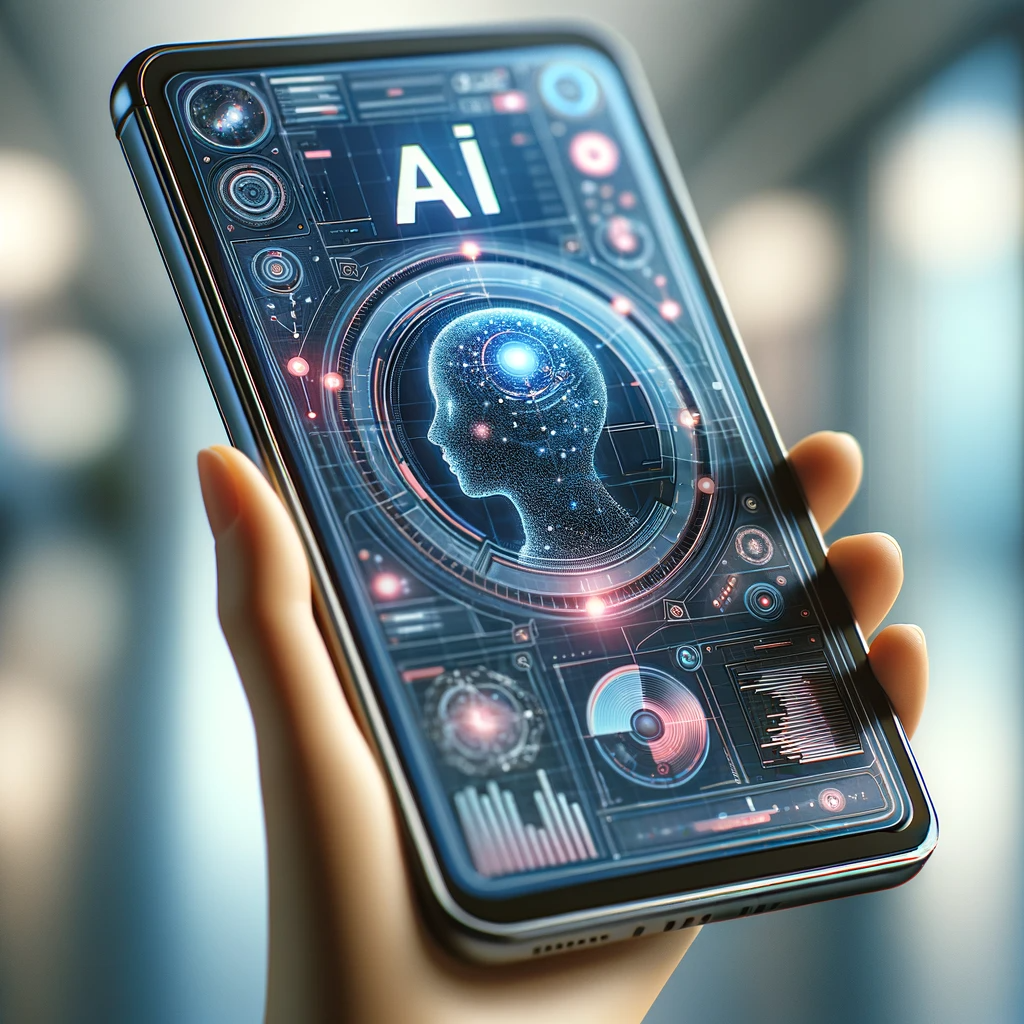
How Can AI Be Useful for Charities?
In the modern and competitive world charities may struggle to keep up but AI tools can enhance efficiency, engagement and overall impact.
Charities can harness the potential of AI in various ways, including:
- Content Creation for Awareness
- Automated Social Media Engagement
- Personalised Communication
- Fundraising Campaign Optimisation
- NLP for Feedback Analysis
- Data-driven Decision Making
Content Creation for Awareness
AI can significantly enhance content creation for charities, allowing them to generate impactful and engaging materials for awareness campaigns. With generative AI, charities can produce diverse content, including articles, graphics, and videos, tailored to their cause. This will save your staff and volunteers lots of time, as well as ensure the content resonates with the target audience, thereby boosting the charity’s visibility and outreach.
Automated Social Media Engagement
AI-driven tools can automate and optimise social media engagement. This could be a massive advantage for charity operations. AI tools can schedule posts, analyse engagement patterns and interact with followers through AI-powered chatbots. This automation allows charities to maintain a consistent and interactive online presence with little time allocated.
Personalised Communication
Personalisation is key in donor engagement and AI can assist in this. By leveraging data on donor preferences and behaviours, AI can tailor communications and make them relevant to each individual. This approach enhances donor experience and increases the chances of continued support and donations.
Fundraising Campaign Optimisation
AI can help optimise fundraising campaigns for charities. Through predictive analytics and trend analysis with AI, charities can better understand donor behaviours. This means that they can tailor their fundraising strategies effectively. Integrating tools like Microsoft Copilot which utilises generative AI and NLP, further enhances this capability. To understand how Copilot can specifically benefit charities, consider exploring the benefits of Microsoft Copilot for nonprofits.
NLP for Feedback Analysis
Natural Language Processing (NLP) can be a key component in analysing donor, volunteer and beneficiary feedback. By interpreting and extracting insights from data, charities can gain a deeper understanding of the needs and perceptions of their stakeholders. This enables them to adapt and improve their services, service delivery and communication strategies.
Data-driven Decision Making
In the realm of strategic decision-making, AI offers robust data-driven insights. Platforms like Microsoft Azure utilise AI and Machine Learning to improve decision-making and operational efficiency for charities. The availability of Microsoft Grants for Nonprofits makes it easier for charities to migrate to the cloud and leverage these advanced AI tools. This paves the way for more informed, efficient, and impactful operations.
During Charity IT Day 2023, we explored the impact of AI on charities and how Microsoft tools can help non profits tackle the risks of AI and harness its potential at the same time. Watch the full video to understand:
Microsoft’s Role in Nonprofits: how it can help charities predict malaria outbreaks and enhance digital literacy for displaced people.
Security Measures for Nonprofits: Microsoft provides Impersonated User Protection within Microsoft Defender for Office 365 to help nonprofits combat sophisticated phishing scams.
AI’s role in facing global challenges: AI’s potential to address global issues such as the digital divide, humanitarian crises, and climate change.
Empowerment of your charity through technology: Understand how Microsoft aims to empower people and organisations to achieve more by leveraging AI technology, aligning with its broader mission and values.
And much more!
Are There Any Risks to Using AI for Charities?
AI offers plenty of benefits for charities, but it’s crucial to be aware of and mitigate potential risks associated with its use. Here are some key considerations:
Bias and Fairness: AI models like Chat GPT and Bard learn from the data they are fed, which means they can inadvertently acquire biases. This could lead to AI sharing biased, inaccurate, or outdated information. Charities need to be vigilant about the data sources used for training these models to ensure accuracy.
Transparency: AI-driven decisions can sometimes be unclear, making it challenging to understand how certain conclusions were reached. Charities often maintain a sense of transparency, especially when AI influences decisions impacting staff members and supporters.
Data Privacy: Charities often handle sensitive data, so ensuring compliance with GDPR and other data protection regulations is vital. AI must be evaluated to guarantee that it adheres to these standards. For a deeper understanding of data protection in the context of charities, refer to this guide on data protection and charities.
Cyber Security and Data Protection: the rapid development and spread of AI have also led to an increase in cyber-attacks and more sophisticated phishing scams, which are becoming harder to spot. Charity phishing scams are designed to trick employees and volunteers working in nonprofit organisations into disclosing important and sensitive information by pretending to be a trustworthy entity. However, while AI contributes to this problem, it also provides stronger security measures such as the Impersonated User Protection feature. By enabling Impersonated User Protection, an advanced security feature included in Microsoft Defender for 365, charities can identify and minimise phishing scams.
Accountability and Governance: Implementing AI within a charity requires clear governance structures. This includes establishing accountability for decisions made by AI systems and setting guidelines for usage. It’s critical to determine who is responsible for the outcomes of AI applications, as well as having robust policies in place.
Maintain Human Sign-off: It’s vital to remember the importance of human oversight in the use of AI. While AI can produce information efficiently, it’s important to not replace the human element. Charities should ensure that AI is used as a tool to enhance their work, preserving the personal touch. Human sign-off on AI processes can help mitigate risks and ensure that the technology aligns with the organisation’s values.
Increased Productivity: It’s no secret that AI if used correctly, can boost the productivity of your charity staff. From analysing huge amounts of data to drafting emails, AI tools can improve team cooperation, streamline processes, and most importantly, allow your employees to focus on your core mission.

Final Thoughts
In conclusion, AI presents a transformative opportunity for charities. Its aspects in content creation, social media engagement, personalised communication, fundraising optimisation, feedback analysis and decision-making can significantly enhance the efficiency and impact of charitable organisations.
However, it’s imperative to remember that adopting AI should be done with analysis. The risks associated with AI, such as bias, lack of transparency, data privacy concerns, accountability and the necessity of human oversight, are critical factors that require consideration. AI can offer much for charities in terms of automation and data processing, but the human element remains irreplaceable. Tools like Microsoft Copilot can be highly beneficial however for non profits, however, before starting the transition, it’s important to understand if your charity team and infrastructure are ready to embrace this technology. If you are considering Microsoft Copilot read our comprehensive resource Ultimate Charity Guide to Microsoft Copilot Readiness for more information.
Charities looking to integrate AI into their operations should approach it as a complementary tool. By striking a balance between leveraging the power of AI and maintaining a strong ethical framework, charities can harness this technology to improve their operations and amplify their impact.
Are you interested in exploring AI with digital transformation opportunities for your charity? Book your Free IT Consultation now.
